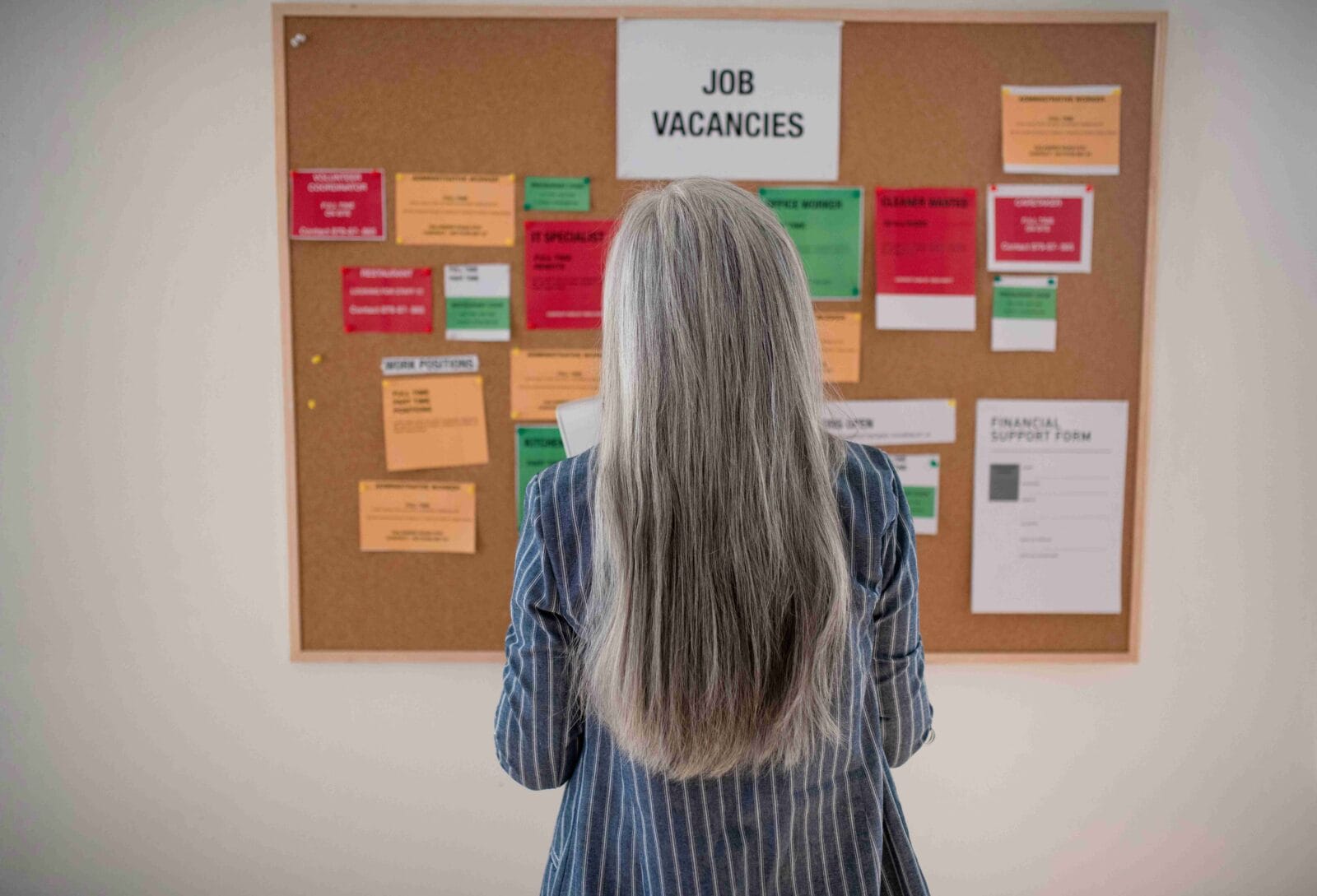HMRC’s tax crackdown on professional football has intensified with £90m in extra tax recovered from clubs, players and agents in the last year, a third higher than the £67.5m recovered the year before, says UHY Hacker Young, the national accountancy group.
In the last year HMRC opened investigations into 12 football clubs, 90 players and 16 agents.
One of the main targets of recent investigations has been the use of R&D tax breaks by football clubs. HMRC is closely scrutinising valuable R&D tax claims filed by football clubs. Football clubs are now making these tax claims in connection to R&D they have undertaken into performance analytics, training techniques and sports science. HMRC is investigating some football clubs where it believes some clubs may be pushing the boundaries of what qualifies for this tax relief.
The fees football agents charge to clubs are also under focus. HMRC has introduced new guidelines aimed at tackling tax evasion through so-called ‘dual-representation contracts’. These are where an agent is claimed to work for both the club and the player in a transfer, with the fee split 50/50 between the two.
HMRC has said it will no longer accept this as a standard approach. From now on, if a club claims that an agent also represented them, it must provide evidence to prove it. If it cannot, the full fee will be deemed to have been paid by the player, and income tax will be due.
Elliott Buss, Partner at UHY Hacker Young, says: “The football industry continues to be seen by HMRC as a major source of unpaid tax. A £22.5m increase in just one year shows how aggressively HMRC is pursuing both new and long-standing areas of concern. Clubs, players and agents need to be extremely careful with how they structure payments or risk coming under the spotlight.”
“The incomes of football clubs and players wages continue to rise at a sharp rate but HMRC is concerned that there is too much tax evasion and avoidance in the sector and that the Government is not getting its fair share in tax revenues.”
UHY Hacker Young says that HMRC’s football investigations are also frequently triggered by:
Young players – some under 18 – not being properly informed by clubs about the need to file self-assessment returns
Older players repaying historic tax bills on avoidance schemes that were widely used in the 2000s
Players using companies to pay corporation tax on image rights income instead of higher-rate income tax
Contractors, such as medical staff, being wrongly classified as self-employed in order to reduce tax bills
Adds Elliot Buss: “Clubs cannot afford to take a passive approach to tax compliance. HMRC’s current crackdown shows that everything from R&D claims to agent fees is under the microscope.”
“It’s crucial that clubs have robust advice in place and that they also guide younger players, many of whom have little experience with the tax system, to avoid costly mistakes.”









![[UNS] tax](https://ifamagazine.com/wp-content/uploads/wordpress-popular-posts/788955-featured-300x200.webp)
![[uns] house of commons, parliament](https://ifamagazine.com/wp-content/uploads/wordpress-popular-posts/788873-featured-300x200.webp)




